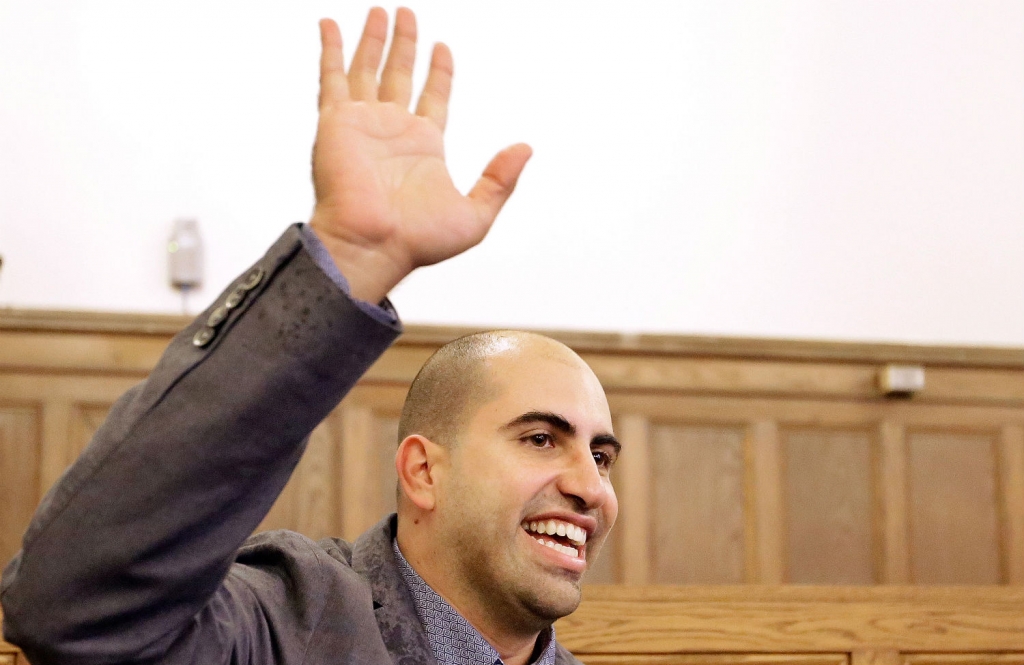IL Reaches Tentative Settlement With Salaita
For his trouble, he will receive $600,000 (representing over 7 years of what his salary would have been), plus $275,000 in legal fees.
“The university believes that reaching a settlement with Dr. Salaita is the most reasonable option to fully and finally conclude all the pending issues”, Urbana-Champaign interim Chancellor Barbara Wilson said in a statement. Salaita, whose controversial remarks criticizing Israel on social media concerned university leaders, sued the university, demanding not only compensation but the tenured faculty job he thought was to be his. In the past, university leaders have indicated willingness to make a financial settlement with Salaita. “Professor Salaita has in fact won―and this settlement permits him to move on and refocus on his work as a premier scholar and an excellent teacher”, said Center for Constitutional Rights Deputy Legal Director Maria LaHood. “Together, we sent a strong message to those who would silence Palestine activists and limit speech on campus”.
“Although the amount is significant, it is less than what we would spend if the case were to continue and proceed to trial over the next year”, she added.
He has since taken a job at the American University of Beirut.
Salaita was initially offered the job in October 2013, but his appointment was withdrawn in August 2014, just before he was to start teaching, after he posted a series of provocative and sometimes-profane tweets about Israel over its invasion of Gaza. Salaita’s attorneys told The Chicago Tribune Salaita agreed to the settlement out of a desire to move on with his life.
UIUC’s then-chancellor Phyllis Wise, on the other hand, said the issue was not Salaita’s personal views, but rather the tone in which he expressed them, which raised questions about his ability to be tolerant in the classroom. Among them: “At this point, if Netanyahu appeared on TV with a necklace made from the teeth of Palestinian children, would anybody be surprised?”
Salaita claimed that U. of I. violated his rights to academic freedom and free speech when it rescinded the offer, and that it breached the contract to hire him.
Salaita called the settlement “a vindication” for himself and a “victory for academic freedom and the First Amendment”.








